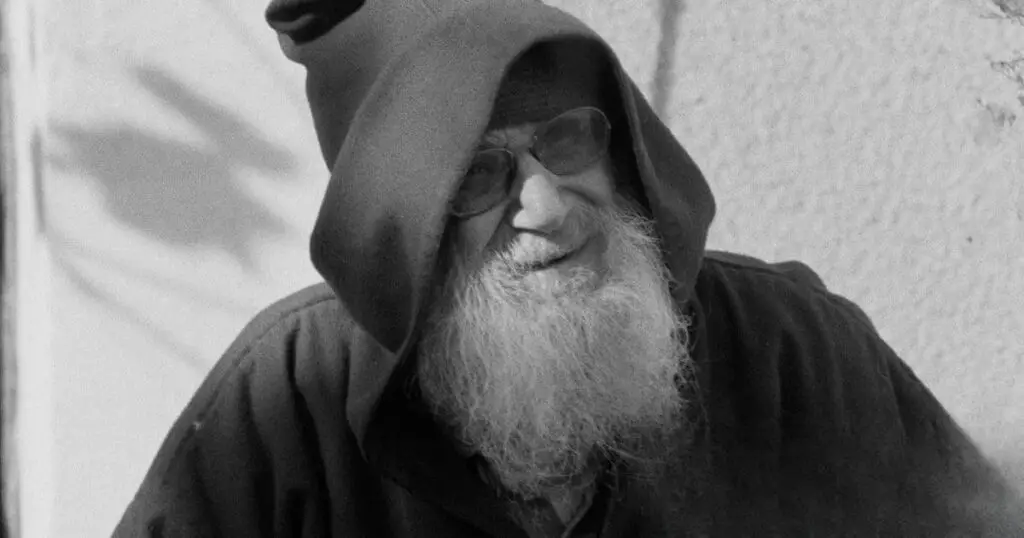In September 2014, in a hamlet in the French Pyrenean foothills, Jean-Claude, a landscape gardener, encountered his reclusive neighbour at the gate after nearly 15 years of silence. The neighbour, 86-year-old Alexander Grothendieck, appeared troubled and requested a revolver to end his life. This startling plea marked the closing chapter of one of the most brilliant yet enigmatic minds in modern mathematics.
Alexander Grothendieck, born in 1928, arrived in France as a refugee from Germany in 1939. He revolutionised postwar mathematics in a manner akin to Einstein’s transformation of physics a generation earlier. He transcended distinct mathematical disciplines such as geometry, algebra, and topology, seeking a universal language to unify them.
Grothendieck introduced groundbreaking concepts and tools in the 1950s and 60s, impressing his peers. However, in 1970, he left his prestigious position at France’s Institut des Hautes Études Scientifiques in protest of its military funding, effectively ending his high-level mathematics career. He then held minor teaching posts until 1991, when he vanished from public life.
Grothendieck’s capacity for abstract thought was legendary. He preferred intuiting broad conceptual structures over using specific equations to solve mathematical problems. Olivia Caramello, a leading proponent of his work, noted his philosophical approach to proving results.
Living in near-complete solitude in the village of Lasserre, Grothendieck eschewed modern amenities and politely declined most visitors. He spoke of his true friends, the plants, and believed that wood and other natural materials had consciousness. His interactions often revealed a mind preoccupied with metaphysical and esoteric ideas.
Despite his attempts to erase his renown, Grothendieck’s influence persisted. The publication of his memoir, ‘Harvests and Sowings’, rekindled interest in his work. Corporate and academic circles began exploring his concepts for practical applications in technology. For instance, some believe his idea of the topos could be key to advancing artificial intelligence.
Grothendieck’s motivations, however, were not rooted in worldly pursuits. His former colleague Pierre Cartier described him as engaging in a dialogue with mathematics and God, viewing them as one entity.
Towards the end of his life, Grothendieck’s writings focused increasingly on the problem of evil. His son, Matthieu, likened his plant distillations to an alchemical attempt to understand resilience and aggression. These final studies were part of his broader quest to reconcile science with metaphysics and moral philosophy.
The voluminous Lasserre writings, comprising around 70,000 pages, remain a subject of scholarly interest. While some view them as the disjointed scribblings of a madman, others believe they could unveil profound insights into the nature of the universe.
Grothendieck’s children, despite their long estrangement, hold a nuanced view of their father. They recognise that his brilliance was interwoven with the traumas he endured, and they strive to understand the deeper implications of his work.
Alexander Grothendieck’s life was a tapestry of genius and torment, marked by profound contributions to mathematics and a relentless quest for metaphysical truths. As scholars continue to delve into his extensive writings, the legacy of this enigmatic figure may yet offer new understandings of both mathematics and the universe.

